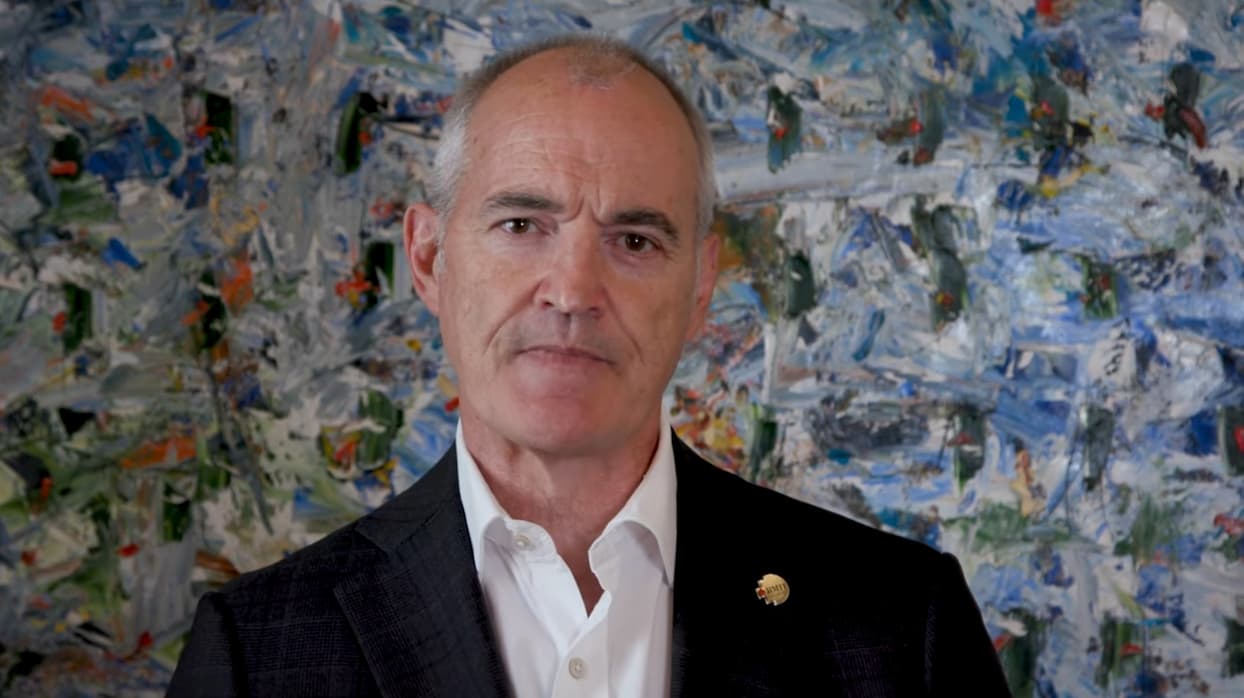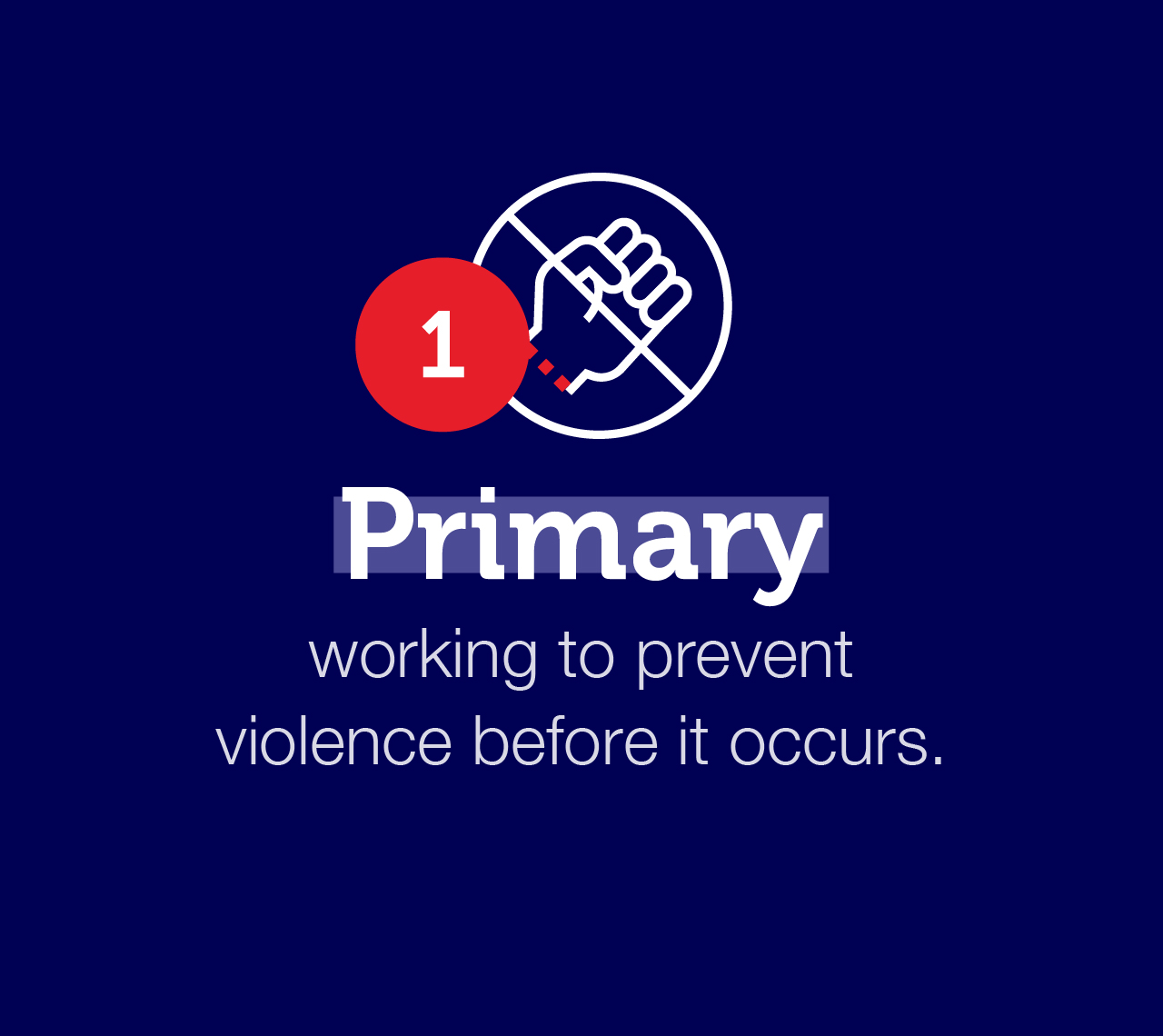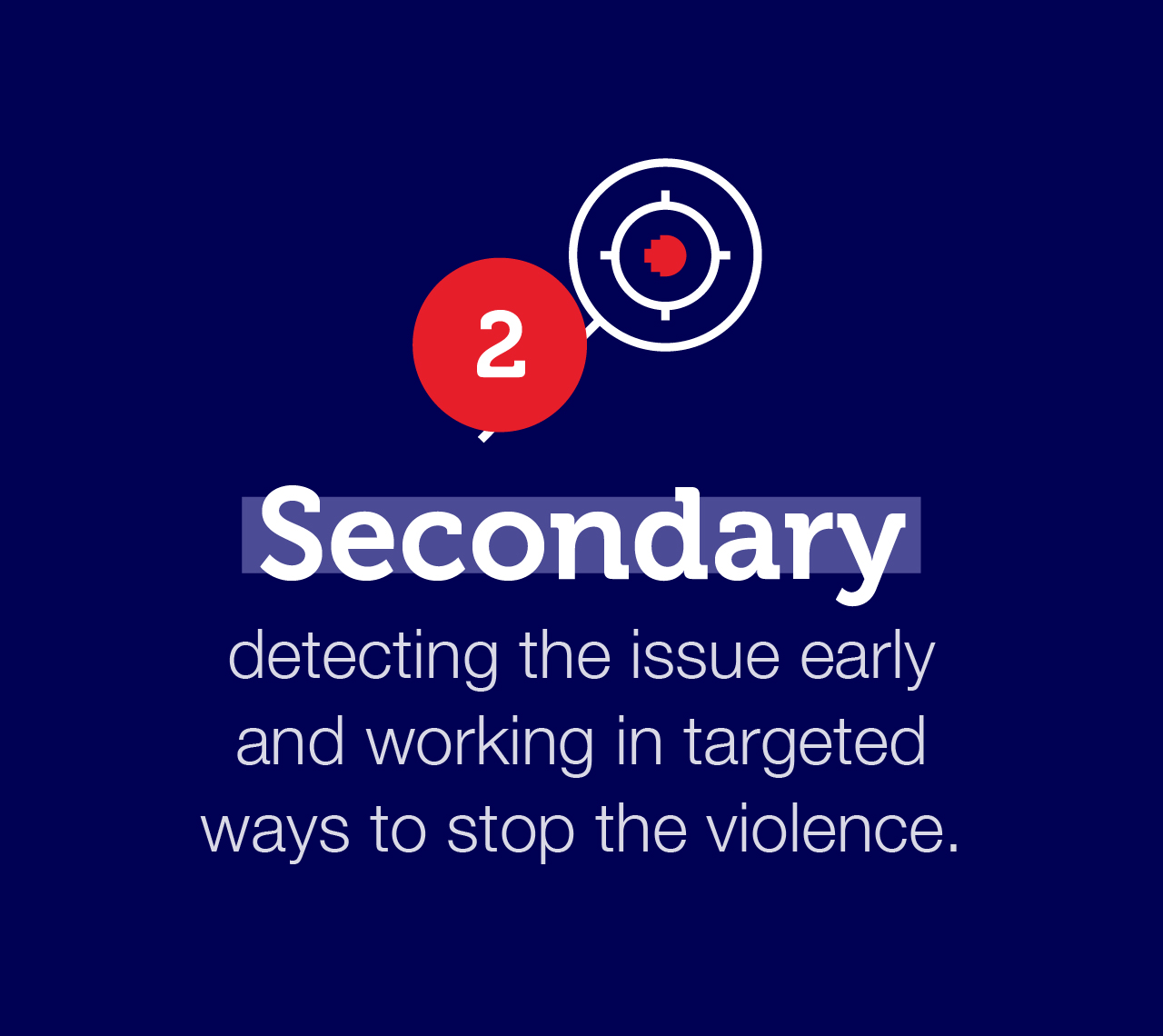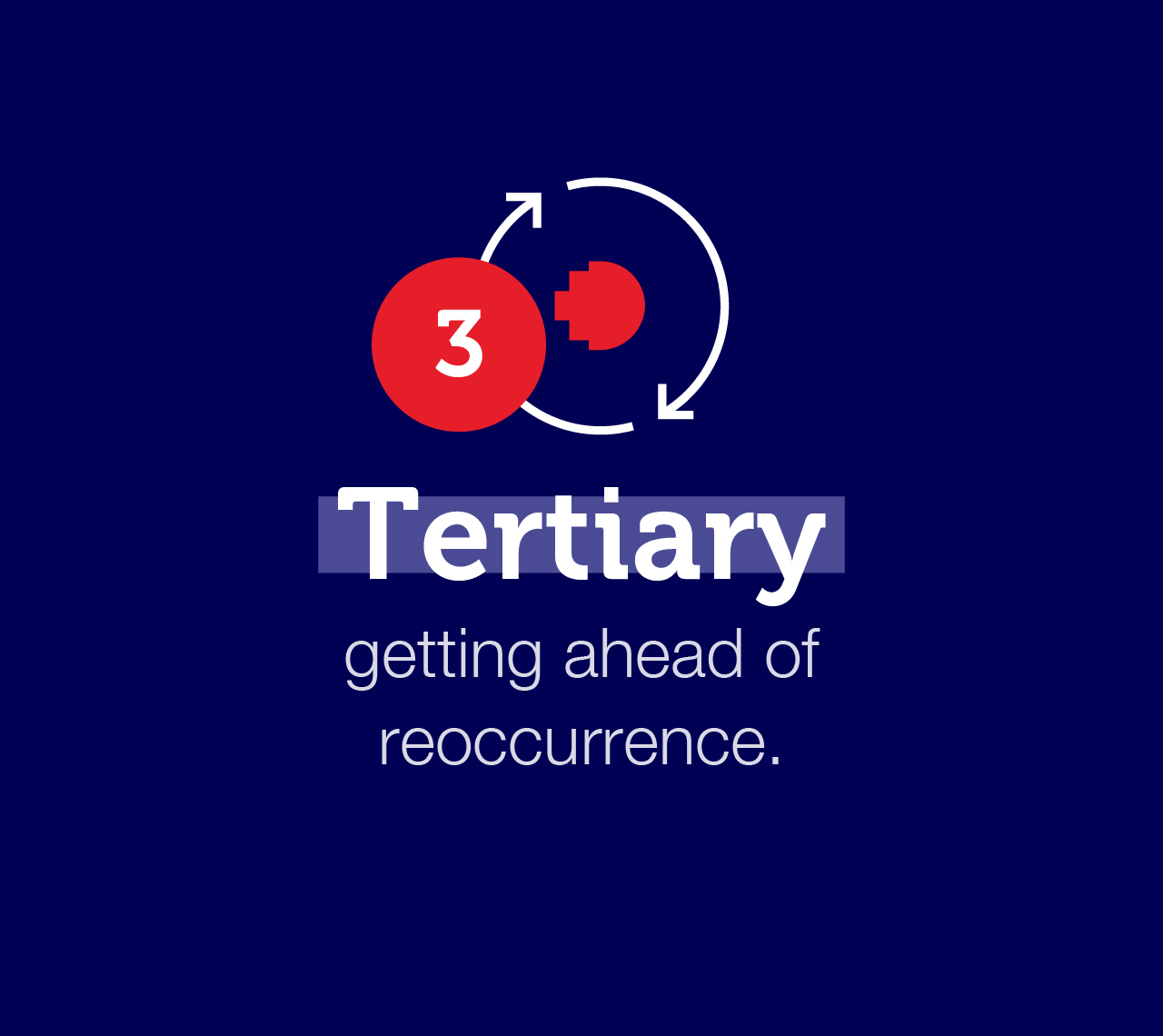
Creating a safe and respectful community
Creating a safe and respectful community at RMIT.
Creating a safe and respectful community at RMIT.

Creating a safe and respectful community at RMIT.
Creating a safe and respectful community at RMIT.
Content warning: This page discusses experiences relating to sexual harassment and assault.
We’re proud of RMIT’s diverse and inclusive community. We believe that everyone deserves to feel safe, respected and valued in their place of study and work.
Sexual harm is all too common across the Australian university sector. The extent of the problem was highlighted in the Australian Human Rights Commission’s 2017 report on sexual assault and sexual harassment at Australian universities, Change The Course.
At RMIT, we define sexual harm as any sexual behaviour that you don’t agree to, or makes you feel uncomfortable or unsafe. It can happen to anyone, and it is illegal.
We know that not everyone experiences universities, including RMIT, as safe places. We are working hard to change that for our university community.
To create a safer environment, it is our responsibility is to understand the gendered drivers of violence that are consistently associated with higher levels of violence. We know that the experience of violence is disproportionately experienced by women and girls and is often driven by expressions or forms of gender inequality.
We also know that members of our LGBTIQA+ community are identified as being at risk of experiencing domestic, family and sexual violence. This is not acceptable to us.
Since 2016, we’ve worked hard to build a culture of respect and make RMIT a safer place for everyone. Our three-year Be the Change campaign challenged the entire RMIT community to step up and help change the harmful culture of everyday sexism that leads to sexual harm.
We’ve come a long way – but there is still more to do. And we all have a role to play.

A message from Alec Cameron, Vice Chancellor at RMIT University.
Since 2016, we’ve worked hard to build a culture of respect and make RMIT a safer place for everyone. We’ve put in place dozens of initiatives to reduce and prevent sexual harm, and to support those affected by it because one incident of sexual harm is one too many.
To build widespread social and structural change, at RMIT we are committed to three levels of intervention:
We've implemented a range of initiatives, many co-created with students, to help create a safer community at RMIT. These include:
We’ve come a long way – but there is still more to do. And we all have a role to play.
Sexual harm and other forms of gender-based violence have no place in the RMIT community. We are committed to providing a safe and respectful place to study and work.
We’ve put in place dozens of initiatives to reduce and prevent sexual harm, and to support those affected by it because one incident of sexual harm is one too many.
To build widespread social and structural change, at RMIT we are committed to three levels of intervention:



As part of our commitment to reducing sexual harm, RMIT took part in the 2021 National Student Safety Survey.
The survey gathered information about students’ experience of sexual assault and harassment, on and off-campus. The results will give universities insights that will help them drive positive cultural change around reducing sexual harm and, ultimately, create a safer environment for all.
A random selection of RMIT higher education students were among those invited to take part in the survey.
You can see RMIT's results and learn more about the survey here.

Learn more about the breadth of support services available at RMIT and within the community.
If you would like to develop your skills in being able to respond to violence and sexual harm, please consider completing the following RMIT training.

If you have experienced concerning, inappropriate, threatening or uncomfortable behaviour on or off campus, support is available. Contact Safer Community to discuss your concerns and explore your options.


RMIT University acknowledges the people of the Woi wurrung and Boon wurrung language groups of the eastern Kulin Nation on whose unceded lands we conduct the business of the University. RMIT University respectfully acknowledges their Ancestors and Elders, past and present. RMIT also acknowledges the Traditional Custodians and their Ancestors of the lands and waters across Australia where we conduct our business - Artwork 'Sentient' by Hollie Johnson, Gunaikurnai and Monero Ngarigo.
More information